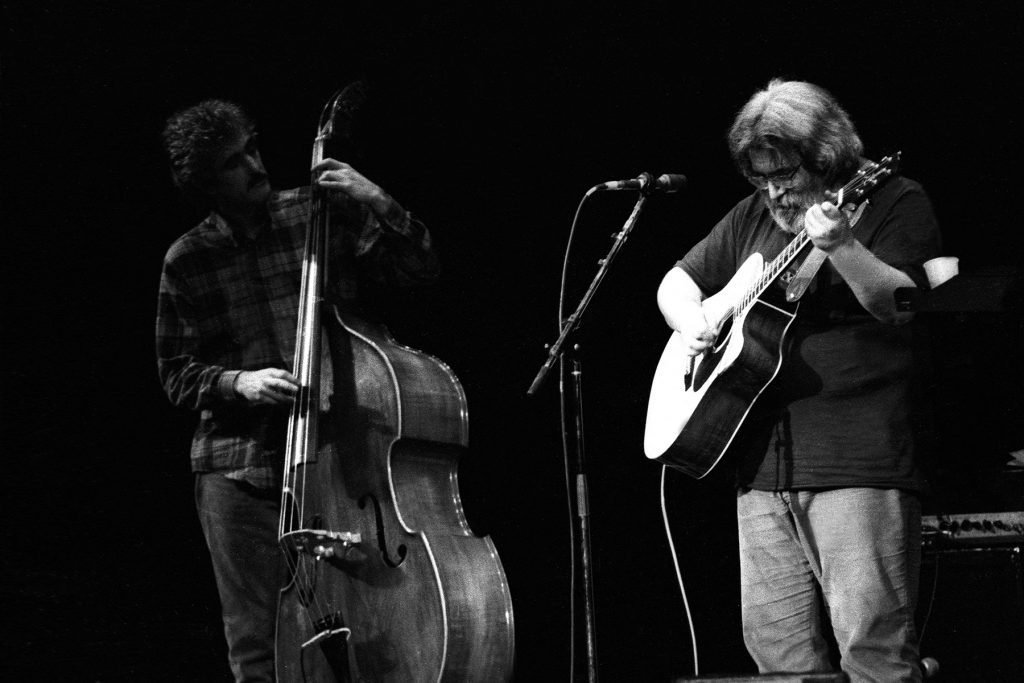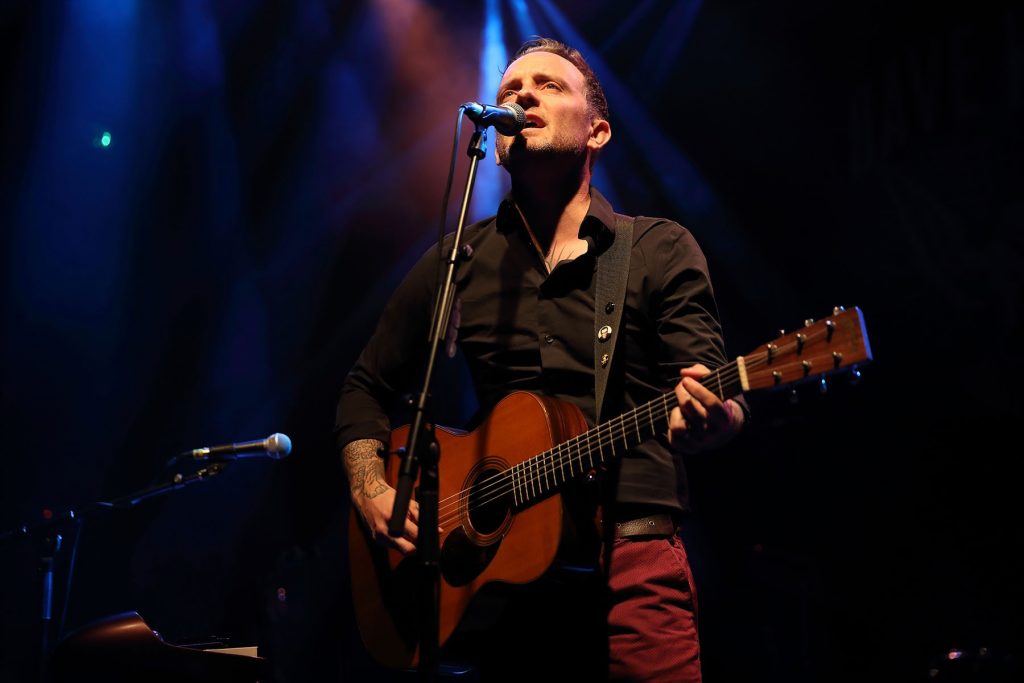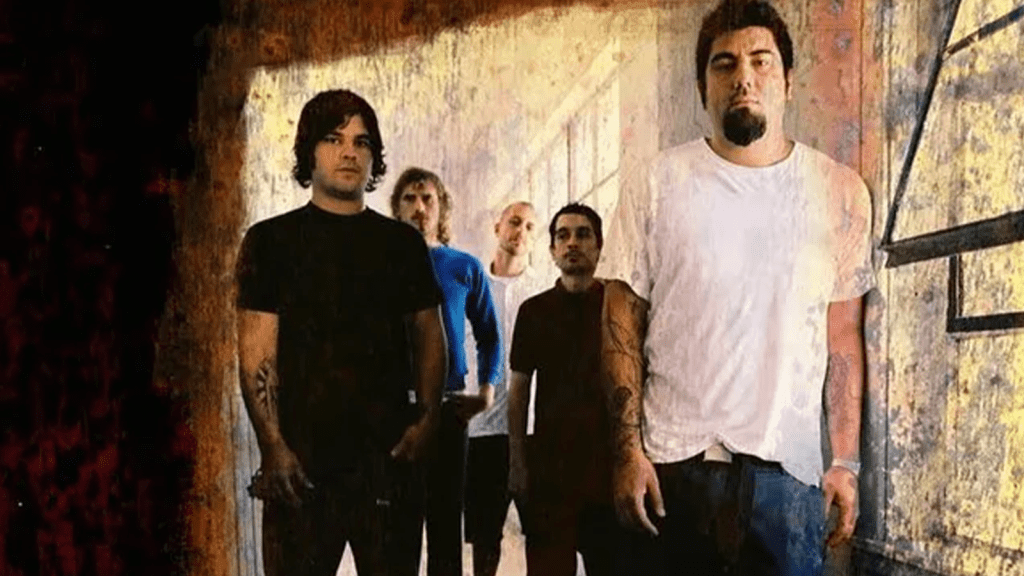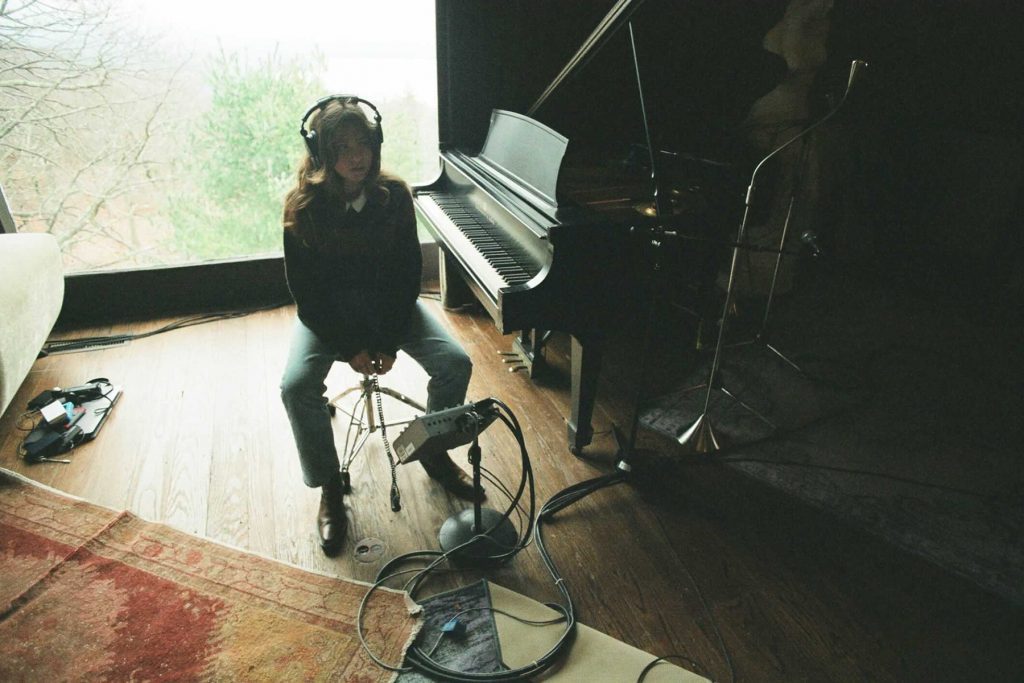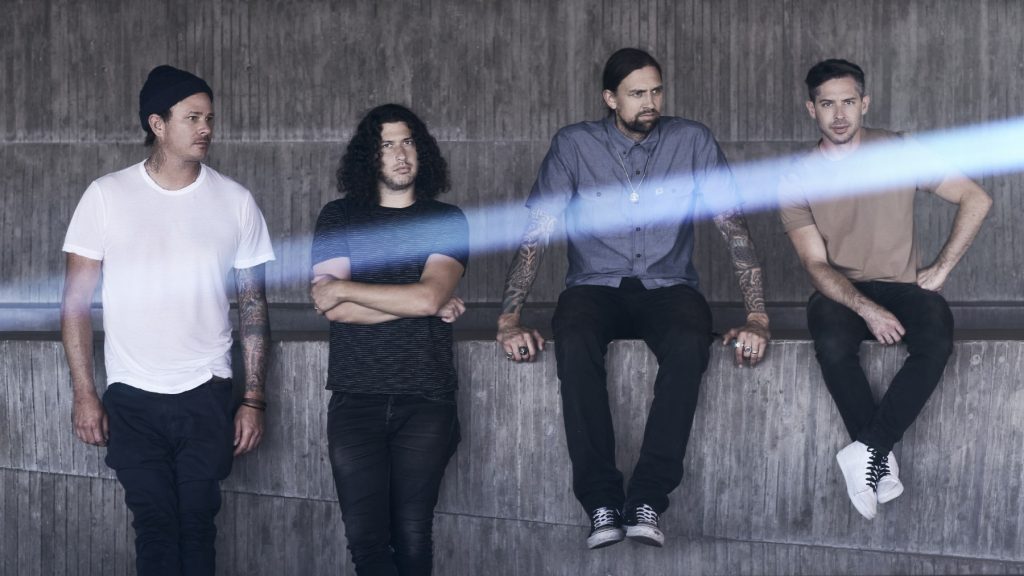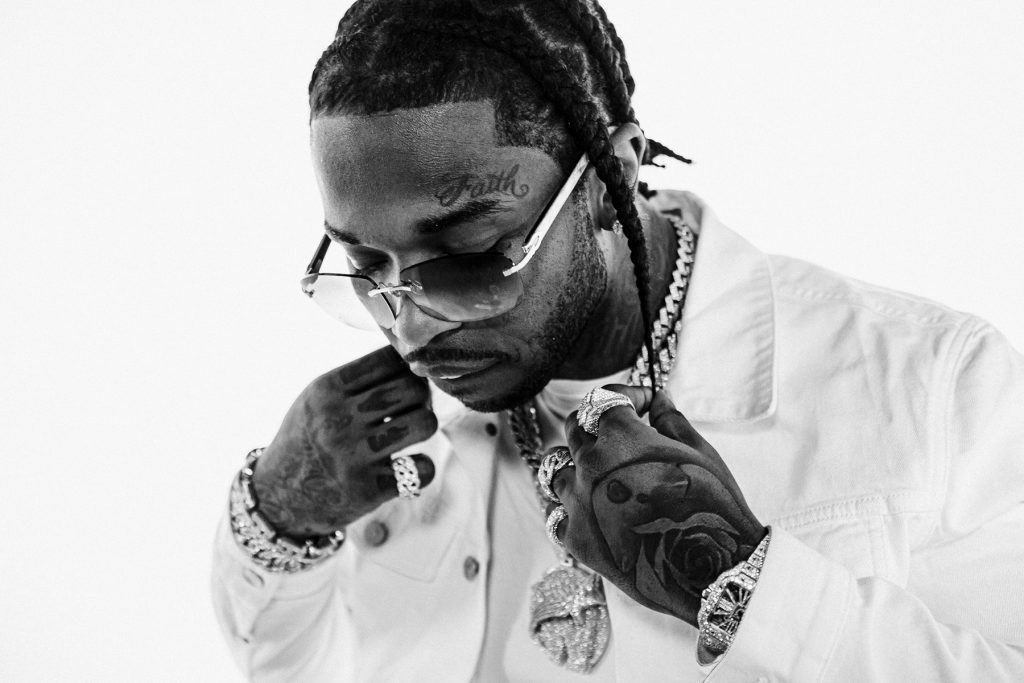
Pop Smoke’s Endless Summer Continues on ‘Shoot for the Stars Aim for the Moon’
Last summer, you couldn’t walk a block in Brooklyn without hearing Pop Smoke’s “Welcome to the Party” or “Dior” blasting out of an apartment or passing car. Now, five months after the 20-year-old phenom was shot and killed during a home invasion—an incalculable loss for New York rap—he remains the toast of the city. Since late May, his songs have been repurposed as rallying cries at Black Lives Matter demonstrations, for reasons that have to do with both his story and his sound. He grew up on the outer margins of Brooklyn, in Canarsie. The NYPD had it out for him his whole life. His music, which conveyed self-assurance in the face of mortal peril, made him appear genuinely superhuman; embers seemed to flare in his throat when he let loose his extraordinarily low, gravelly voice. In a matter of months, he consolidated Brooklyn’s burgeoning drill sound and emerged as the scene’s most popular exponent. Pop Smoke was—and is—New York City’s pride and joy.
On his two mixtapes, last year’s Meet the Woo 1 and 2, Pop filtered New York’s tradition of raucous, streetwise melodramas through the militant spirit of Chicago drill and the woozy, haunting production of London drill. This triangulation of hyper-regional rap elements gave Woo 1 and 2 a narrow focus. By contrast, Shoot for the Stars Aim for the Moon, Pop’s 19-track posthumous debut album, marks a dramatic expansion—and dilution—of his signature sound. 808 Melo, who produced about two-thirds of Pop’s music to date, is less of a defining presence here. While Stars features a handful of hell-raisers in the vein of the Woo tapes, it also works to merge drill’s swooping rhythms with the kind of austere Atlanta trap that Migos and Zaytoven mastered mid-decade (“For the Night,” “Snitching”), as well as the arpeggiated guitar lines that ornament the music of A Boogie, Gunna, and other melody-minded rappers (“The Woo,” “Enjoy Yourself”). The album also takes many of its cues from mainstream R&B and rap of the late ‘90s and early ‘00s, with samples and interpolations of Playa’s “Cheers 2 U” (“Diana”), Too Short’s “Shake That Monkey” (“West Coast Shit”), Tamia’s “So Into You” (“Something Special”), and Ginuwine’s “Differences” (“What You Know Bout Love”).
As Shoot for the Stars refracts Brooklyn drill through various commercial styles that have, in turn, dominated the Hot 97 airwaves during the last two decades, it also reframes Pop Smoke as a direct disciple of 50 Cent, who executive produced the album. Pop has elicited frequent comparisons to 50, due mainly to similarities in their vocal timbres and cadences, but until now, he’d never explicitly paid tribute. Stars is practically a 50 Cent homage. The conversational, laid-back melodicism Pop explores throughout the album is a plain reference to 50. In the crushing final 30 seconds of “Got It On Me,” the beat drops out, and Pop the bluesman’s bare voice revists the hook from 50’s “Many Men.” Many, many, many, many men / wish death ‘pon me. Listening to it feels like walking on hallowed ground.
The stretch of R&B-inflected songs from “Enjoy Yourself” to “Diana” evokes 50 Cent, too—the hardened gangster occasionally chastened by love—but 50, an inveterate fuckboy, could never sound this sincere. “You ain’t know I could sing?” Pop chirps flirtatiously at the outset of “Mood Swings.” It is endearing to hear him lower his guard, soften his rasp, trade his boundless swagger for tenderness, and offer the mushy overtures of a kid who loves cuddling nearly as much as sex. These songs tug at the heartstrings, not simply because Pop plays a convincing romantic, but also because they gesture towards his untapped potential, his eagerness to develop artistic range, even though he didn’t need to.
Posthumous albums are, by their nature, knotty undertakings. It’s unclear how much Pop’s personal interests aligned with the commercial interests of Shoot For The Stars, which decenter his voice and ultimately cheapen the project. It’s easy to laugh away Virgil Abloh’s wildly unpopular album cover, or even the fact that “Dior” has now appeared on all three of Pop’s releases. It’s harder to get past the density of high-profile featured artists, who generally exist as empty calories filling out otherwise half-finished Pop Smoke demos. Tyga didn’t need to be here. Neither did Diddy’s kid. Quavo didn’t need three guest spots. Fivio Foreign and other Brooklyn drill stalwarts with whom Pop was friendly are conspicuously absent. It’s fitting that the best feature on Stars comes from latter-day Brooklyn folk hero and Pop precursor Rowdy Rebel, who raps his ass off through a jail phone on “Make It Rain.”
Unlicensed firework displays have taken on a heightened political meaning in recent weeks, especially in New York City, where setting off fireworks is a summertime tradition in many Black and Latino communities, and where rumors of NYPD meddling have coincided with a massive spike in firework complaints. Shoot For The Stars came out the day before July 4th, as this wave of citywide pyrotechnic defiance was about to crest. On the night of July 4th, my girlfriend and I heard Pop Smoke all the way home on our mile-long walk through Crown Heights in Brooklyn. His unmistakable growl wafted out of portable speakers at dozens of sidewalk gatherings and blessed every bottle rocket screaming skyward. With Shoot For the Stars, Pop Smoke’s summer reign continues.
